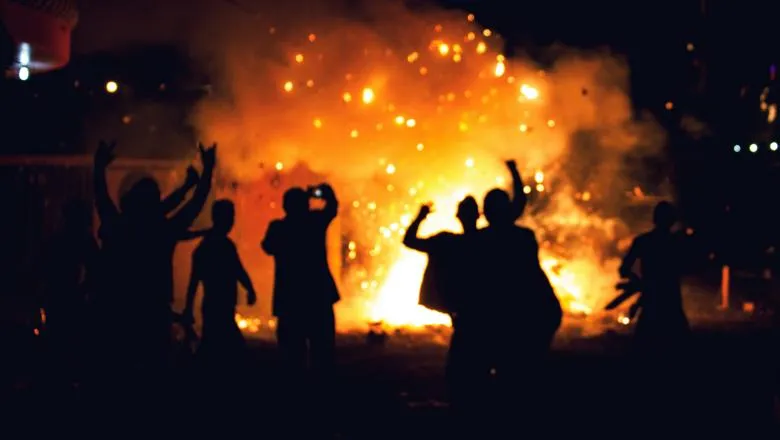25 August 2022
New research reveals impact of rioting at the ballot box
Rioting and civil unrest can generate support at the ballot box by highlighting a perceived injustice to people who may otherwise have been unaware.

Using the London riots of 2011 as a case study, researchers discovered that a significant number of those living in close proximity to where the riots took place or to the location of someone charged for rioting changed their vote at the following election.
This shift in behaviour translated to a 1.5 percentage point fall in the vote share for incumbent Conservative mayor, Boris Johnson, which, the researchers suggest, came primarily from white constituents shifting their vote.
The researchers also found an increased voter turnout in electoral wards closest to areas affected by the rioting.
The results were revealed in a new study, How urban riots influence political behaviour: Vote choices after the 2011 London riots, co-authored by Dr Gabriel Leon-Ablan and Professor Peter John, from the Department of Political Economy at King’s College London.
The researchers said: “We hypothesised that riots could raise voters’ awareness of the problems and challenges faced by the groups that riot, and that this translates into electoral support for candidates that have more progressive objectives.
“This case study of the 2011 London riots confirmed our expectations. We also showed that it is not just proximity to the riots that matters, but closeness to where rioters lived, behaviour that is best explained by an awareness of the rioters and the underlying politics of the event.”
The researchers added that the results of the study could be partly explained due to a change in the behaviour of white voters, both in terms of increased turnout and changed vote choice.
“In a period of increasing minority protest and violence, these dynamics may point out the nature of the electoral politics that may follow,” the researchers added. “In the era of Black Lives Matter, there may be long-term consequences for voting behaviour, mobilising white voters through empathy to support progressive parties.”
The research will feature in the journal Political Science Research and Methods.
Read more...
You can read the study in full here.

